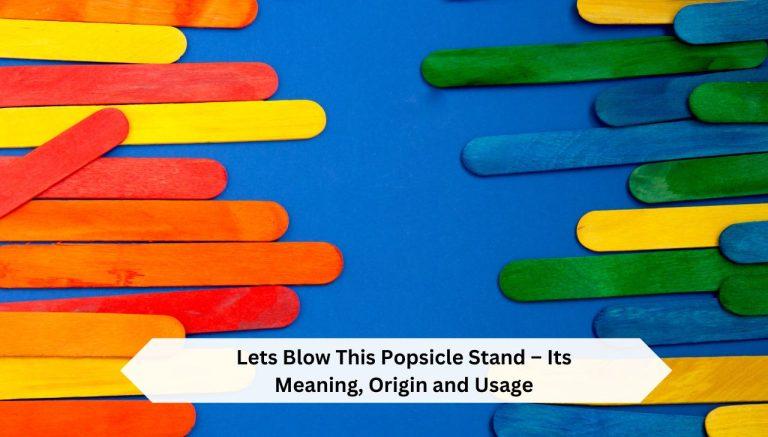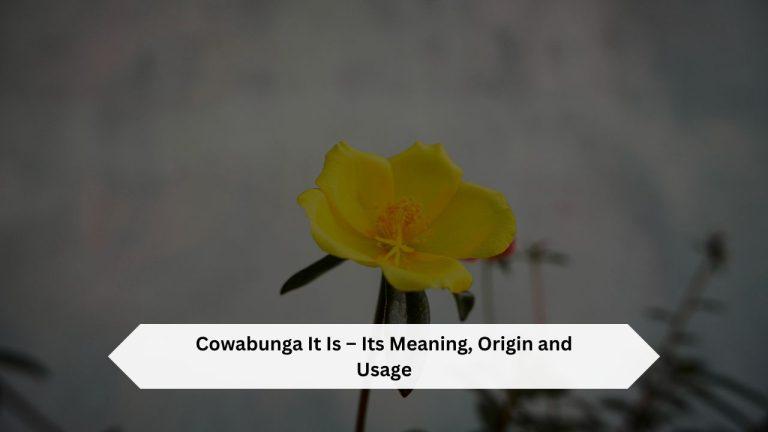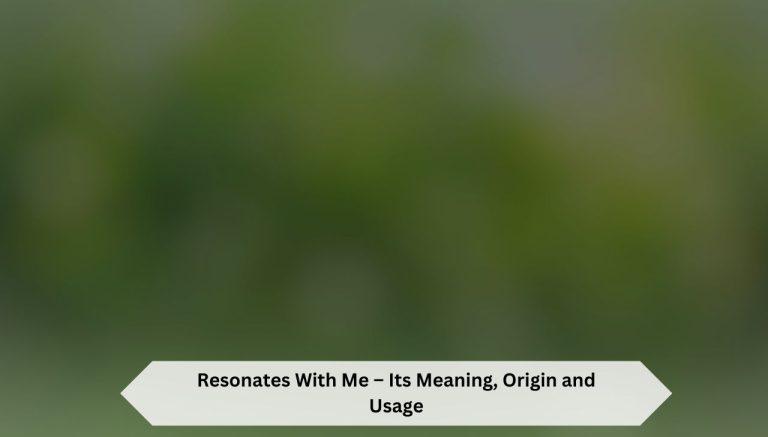Best way to say Have a Great Night
“Have a great night” is a heartwarming phrase that brightens the end of many conversations. This simple yet powerful expression carries the weight of our good wishes as daylight fades. It’s become a staple in our nightly farewells, offering warmth and positivity.
The nuances of this common phrase reveal interesting cultural and social dynamics. From its origins to its modern usage, “Have a great night” reflects our desire to end interactions on a high note.
The Meaning Behind “Have a Great Night”

As we say, “Have a great night, “ we essentially wish someone well for the evening ahead. It’s a friendly way to express hope that the person will enjoy their time, whether heading home to relax, going out with friends, or continuing to work late.
The phrase breaks down into three main parts:
- “Have” – This verb suggests experiencing or enjoying something.
- “Great” – An adjective that implies something positive or above average.
- “Night” – Refers to the evening or nighttime hours.
Put together, these words create a warm sentiment that goes beyond a simple “goodbye.” It’s like saying, “I hope you enjoy whatever you do for the rest of the day and into the night.”
When to Use “Have a Great Night”
Knowing when to use this phrase can make your conversations smoother and more natural. Here are some situations where “Have a great night” fits perfectly:
- Leaving work: As you leave the office, it’s a nice way to wish your colleagues well.
- Ending a phone call: If you’re chatting in the evening, this phrase is a friendly sign-off.
- Parting ways after dinner: When saying goodbye to friends after a meal, it’s a warm way to end the night.
- Closing a shop: If you work in retail or customer service, it’s a pleasant farewell to customers.
Context is key. This phrase works best in the evening or at night, not during the day. It’s also more casual than formal, so keep that in mind when choosing your words.
Is “Have a Great Night” Always Appropriate?
While “have a good evening” is generally a safe bet, there are times when it might not be the best choice. Here’s when you might want to think twice:
- Formal settings: You might want a more polite alternative in very professional or formal situations.
- Early in the day: This phrase could sound out of place if it’s still morning or early afternoon.
- Sad or serious situations: A more empathetic phrase might be better if someone is going through a tough time.
It’s all about reading the room and understanding the situation. When in doubt, you can always opt for a more neutral goodbye.
Alternatives to “have a good evening”

It would help if you mixed things up or used something more fitting for the situation. Here are some alternatives to “have a great evening” that you can try:
- “Good night” – A classic, simple option that works in most situations.
- “Sleep well” – Perfect for when someone is heading to bed.
- “Enjoy your evening” – A slightly more formal alternative.
- “Take care” – A versatile phrase that works any time of day.
- “Have a good one” – A casual, friendly option for informal settings.
Each alternative has its place, so feel free to use whichever feels right.
Cultural Considerations
In English-speaking cultures, phrases like “have a great evening” can vary. In some places, it might be more common to say “Have a good night” or simply “Night.”
In the UK, for example, “Cheers” is often used as a goodbye, even in the evening. In Australia, “Have a good one” is popular at any time of day.
Awareness of these cultural differences can help you communicate more effectively, especially when talking to people from different backgrounds.
Making “have a nice evening” More Personal
To add a personal touch to your farewell, you can customize “have a nice evening” to fit the situation. Here are some ideas:
- “Have a great night at the concert!” – If you know their plans.
- “Have a relaxing night” – For someone who needs some downtime.
- “Have a productive night” – For a friend working late.
By tailoring the phrase to the person and situation, you show that you’re paying attention and care about their evening.
The Impact of Tone
How you say “have a nice evening” can be just as important as the words themselves. Your tone of voice can change the whole meaning of the phrase. A warm, sincere tone makes it feel genuine, while a flat or sarcastic tone could make it seem insincere.
When using this phrase, try to infuse it with positivity. A smile and friendly tone can turn a simple goodbye into a moment of connection.
The Power of a Good Farewell
As we’ve seen, “Have a great night” is more than just a casual goodbye. It’s a wish for someone’s well-being, a friendly gesture, and a way to end an interaction on a positive note. Whether you use this phrase or one of its alternatives, the key is to be genuine and considerate.
Language is a tool for connection. By choosing our words thoughtfully, we can make even small interactions more meaningful. So the next time you say goodbye in the evening, consider using “Have a great night.” It’s a simple phrase that can brighten someone’s day – or their night!
Fun Facts About Evening Farewells
Did you know that saying goodbye has a rich history? Here are some interesting tidbits about evening farewells:
- The word “goodbye” comes from “God be with ye”.
- In Spanish, “buenas noches” (good night) is a greeting and farewell in the evening.
- The Japanese have different levels of formality for saying goodnight, from casual “oyasumi” to more formal “oyasuminasai.”
These facts show how diverse and culturally rich our farewell expressions can be!
The Psychology of Saying Goodnight
Believe it or not, there’s some psychology behind why we say “Have a great night” and other evening farewells. These phrases serve several purposes:
- They signal the end of an interaction, giving closure.
- They express care and goodwill towards the other person.
- They help maintain social bonds and relationships.
By wishing someone a great night, we’re not just being polite but reinforcing our social connections. It’s a small but meaningful way to show that we care about others’ well-being.
How do you wish someone a great night?
There are many ways to wish someone a great night. The most common phrase is “have a great night,” which is a friendly way to say goodbye in the evening. The have a great night meaning in English is simply wishing someone an enjoyable evening or restful sleep.
You can also say “sweet dreams” or “rest well” for a more personal touch. If you’re feeling poetic, mention the “starry sky” or wish them “peaceful sleep.” For Spanish speakers, “have a great night in Spanish” is “que tengas una buena noche.” These goodnight wishes are perfect for the end of the day, showing you care about the person’s nighttime relaxation and overall well-being.
Common Mistakes When Using “Have a Great Night”

Even native English speakers sometimes stumble when using this phrase. Here are some common mistakes to avoid:
- Using it too early in the day
- Saying it in very formal situations where it might be too casual
- Forgetting to match your tone to the sentiment of the phrase
By being mindful of these potential pitfalls, you can use “Have a great night” more effectively in your daily interactions.
The Future of Evening Farewells
As language evolves, so do our ways of saying goodbye. While “Have a great night” remains popular, new phrases are always emerging. In the age of texting and social media, shorter versions like “gn” for “good night” are becoming common.
Who knows? We might have new ways to wish each other well in the evening in a few years. But for now, “Have a great night” remains a tried-and-true favorite.
Is it okay to say “have a great night”?
Absolutely! Saying “have a great night” is a perfectly acceptable and friendly way to bid someone farewell in the evening. It’s a casual, warm phrase that works for friends, family, or even colleagues. The have a great night meaning in English conveys your wish for their evening to be enjoyable.
If you’re wondering how to have a great night sleep, you might even share tips like creating a relaxing bedtime routine. For a more specific wish, you could say “have a great night sleep” instead. In different cultures, you might use variations like “have a great night in Spanish” (“que pases una buena noche”). Whatever phrase you choose, wishing someone a good night is a kind gesture at the end of the day.
Conclusion
As we wrap up our exploration of “Have a great night,” it’s clear that this simple phrase carries more weight than we might think. It’s a universal wish for someone’s well-being, a friendly gesture, and a way to end our day on a positive note.
Whether you choose to use “Have a great night” or one of its many alternatives, remember that the most important thing is the sentiment behind your words. A sincere wish for someone’s evening can brighten their night and strengthen your connection.
FAQs
Is it correct to say “have a good night”?
Yes, it’s perfectly correct to say “Have a good night” as a farewell greeting, especially at the end of the day.
How do I say have a great night?
You can say “Have a great night” directly or use a more formal expression like “Have a pleasant evening.”
Have a great evening or have a great night?
Both phrases are appropriate, but “Have a great evening” is more commonly used if it’s still early in the evening, while “Have a great night” is more suitable as the day comes to a close.
How do you wish good night?
You can wish someone good night by saying “good night,” “sleep well,” “sweet dreams,” or “have a restful night.”







